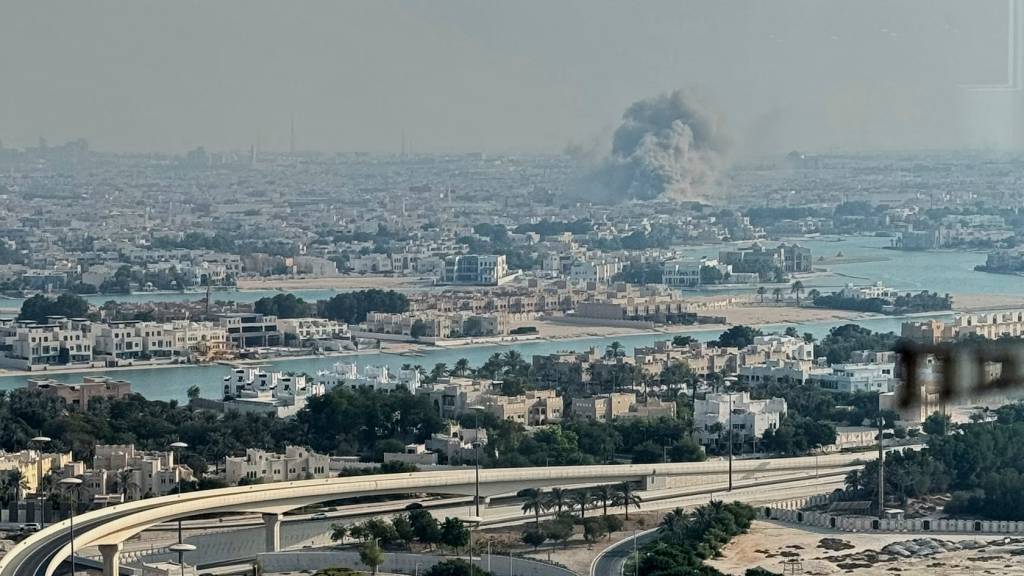On September 9, 2025, Israel launched a missile strike on Doha. The target was Hamas officials meeting in Qatar; Qatar is a US ally and one of the few states still able to mediate between Israel and Palestinian factions. The strike killed six people, including a Qatari security officer, and shook the assumption that Qatar’s capital, host to ceasefire talks and delicate prisoner negotiations, was off limits. Israel has crossed another red line, this time not in Gaza or Lebanon, but in the diplomatic space of a sovereign state. The manner in which Israel conducted this assault was designed to send an unambiguous message: nowhere is immune from Israeli attacks — not aid convoys, not schools, not even sovereign states seeking to mediate an end to war.
The UN Secretary General António Guterres condemned the strike as a “flagrant violation” of Qatari sovereignty and urged restraint. But the reaction from key international players has been marked by a distinct lack of conviction. Britain’s Prime Minister Keir Starmer called it unlawful and destabilising. European leaders queued up to describe it as unacceptable, but skirted around the question of repercussions. No-one is seeking to address the matter at the UN, and there is no effort to hold Israel accountable beyond carefully worded statements. Condemnation without consequence has become the default response. Israel knows this and acts accordingly.
Related Article Block Placeholder
Article ID: 1219583
The muted international response to this flagrant violation of international law sends a clear signal to Israel under Benjamin Netanyahu’s leadership: you are free to violate any laws and hurt anyone. Qatar has been a close US partner for decades and has facilitated international negotiations. The last significant negotiation was between the United States and the Taliban in 2020 in Doha, which allowed Washington to extract itself from Afghanistan. The United States relies on Qatar to reach adversaries it cannot directly approach. The Hamas political office in Qatar was established in 2012 at the request of the US administration to maintain channels of communication. Qatari officials must feel betrayed when they hear President Trump say he is not “thrilled” about the Israeli attack on Qatar. Is this all President Trump has to say?
Israel’s strike on Qatar is more than a regional incident. It is part of a pattern of escalating acts of belligerent aggression. In the same week, Israel attacked a humanitarian aid flotilla in Tunisian waters. The Global Sumud Flotilla is an international coalition of activists from 44 countries. Among those on board are Portuguese politician Mariana Mortagua and the Swedish activist Greta Thunberg, who was earlier detained and expelled by Israeli authorities in June 2025 while trying to break the blockade of Gaza to deliver aid.
The international response to the Israeli attack on the aid flotilla has been muted. The silence of the global community and the lack of consequences have emboldened the Israeli leadership. The lesson Israel draws is that the international order is less a framework of rules than a language of convenience. They are a set of phrases to be deployed when it suits the great powers and ignored when it does not.
Independent. Irreverent. In your inbox
Get the headlines they don’t want you to read. Sign up to Crikey’s free newsletters for fearless reporting, sharp analysis, and a touch of chaos
By continuing, you agree to our Terms & Conditions and Privacy Policy.
This episode presents a test of the oft-repeated commitment to the rules-based international order for Australia. Foreign Minister Penny Wong described the strike as simply “wrong” and said it endangered fragile negotiations. This may be a moral rebuke, but it is far from condemning Israel’s violation of international law. Australia has been quick to invoke sovereignty when Moscow annexed Ukrainian territory. But when Israel bombs the capital of another state, unprovoked and without any justification, that is described as simply “wrong” In diplomatic terminology, that is a mild slap on the wrist.
Australia has been a proactive member of the United Nations and a vocal advocate of a rules-based international order. Australia’s strategic posture in Asia-Pacific rests on the claim that a rules-based order protects all against arbitrary action and violations of sovereign rights. So how can Australia brush aside the violation of Qatar’s sovereignty?


